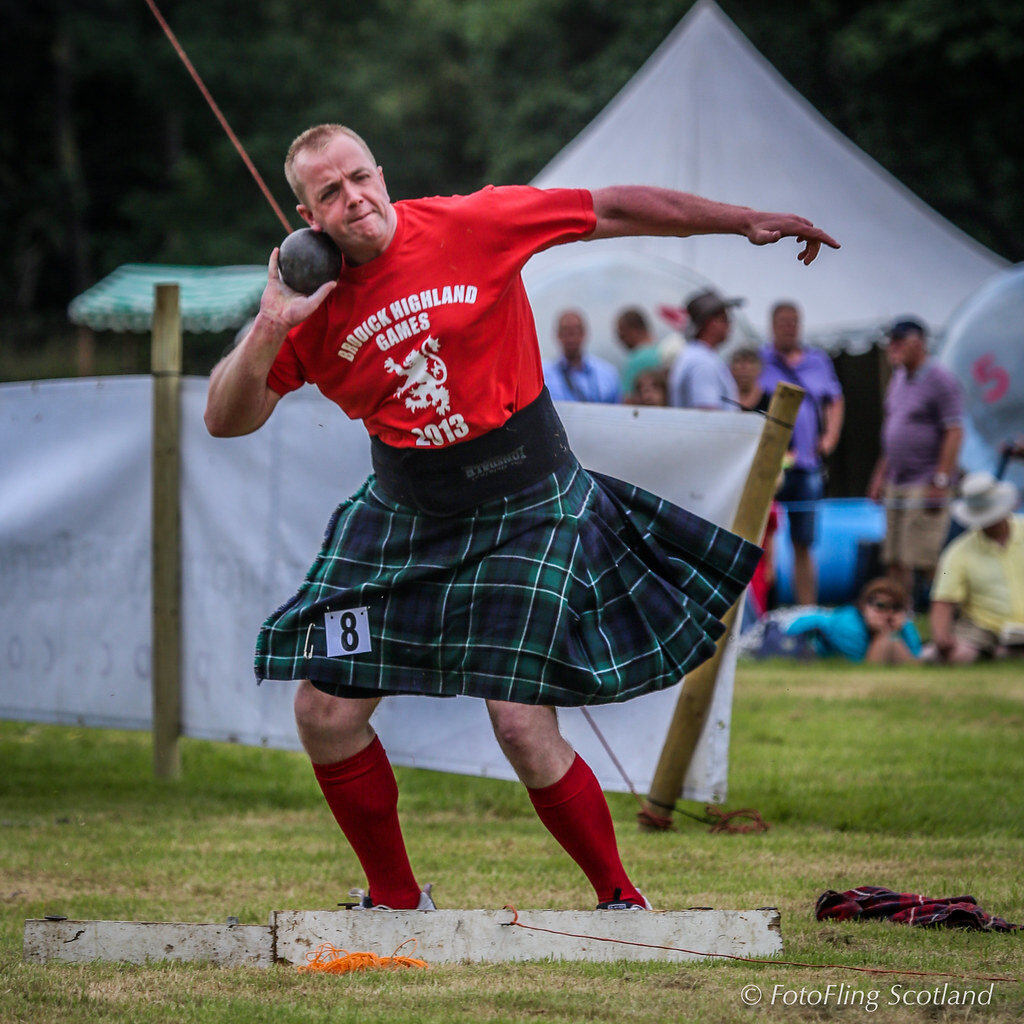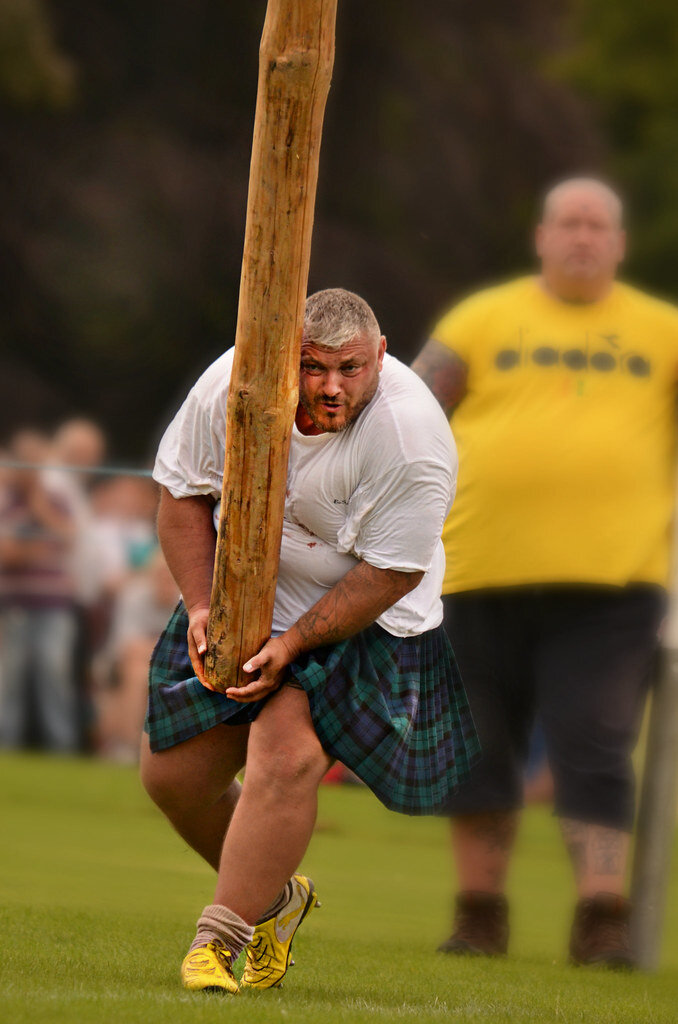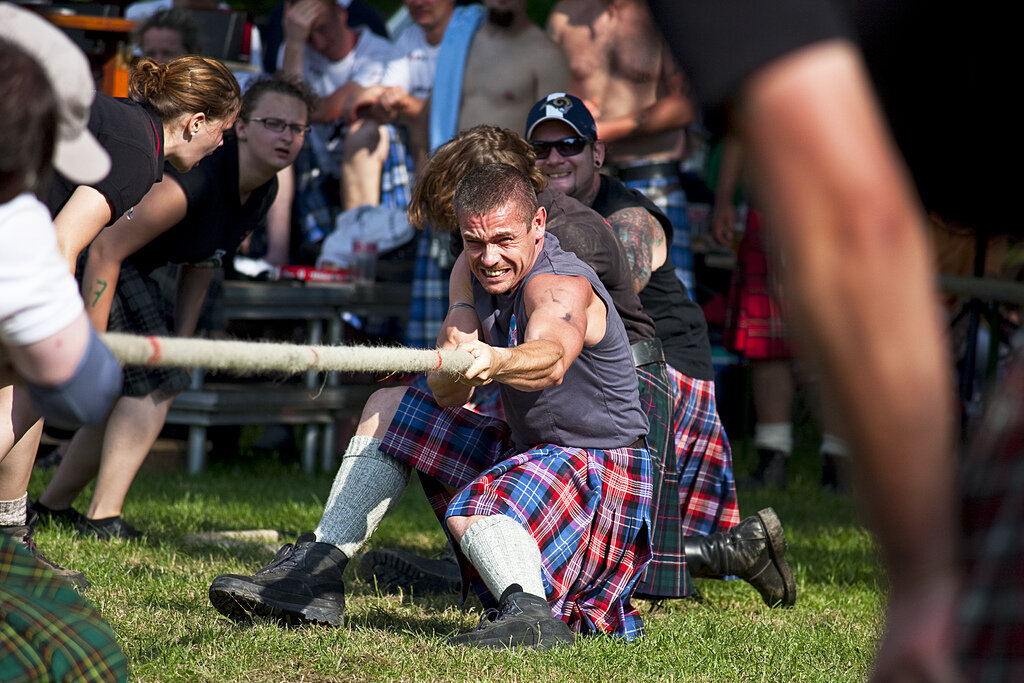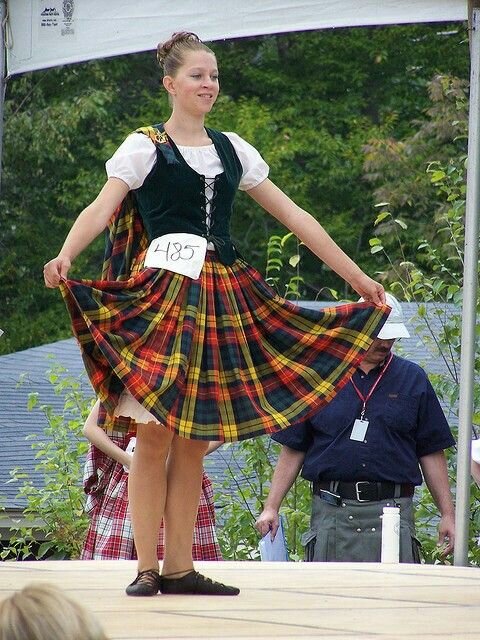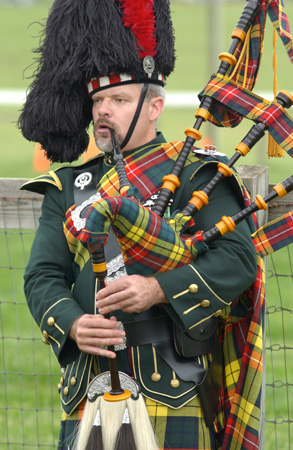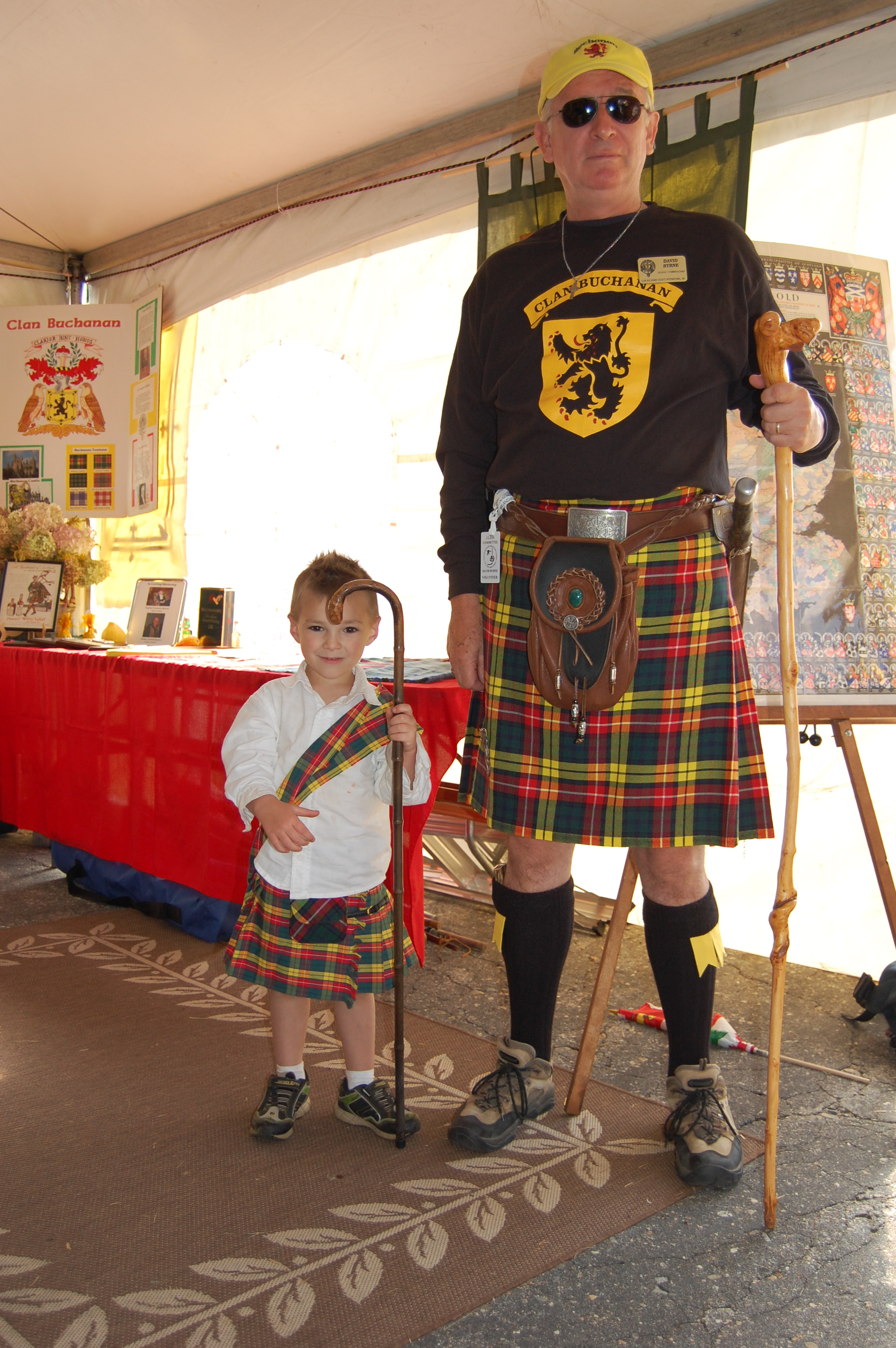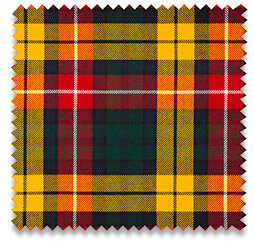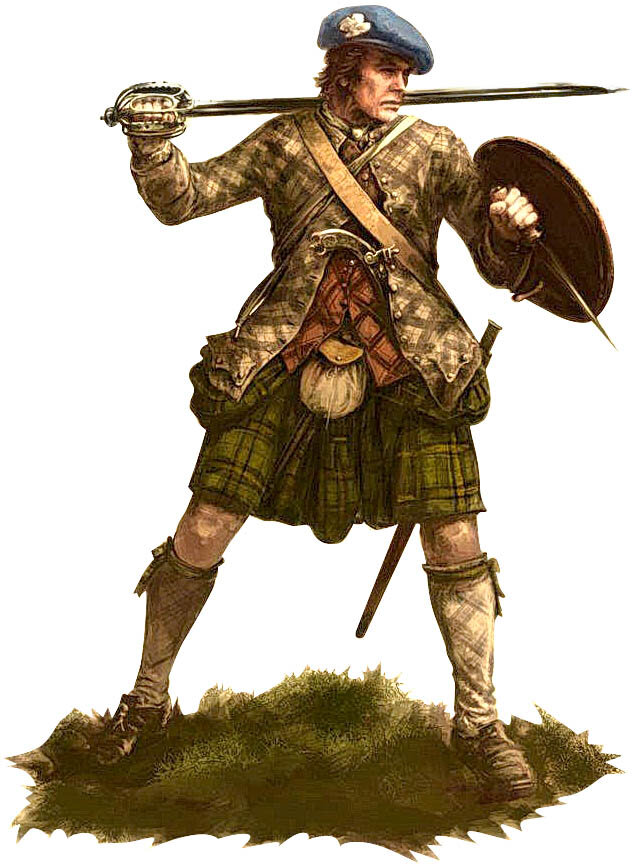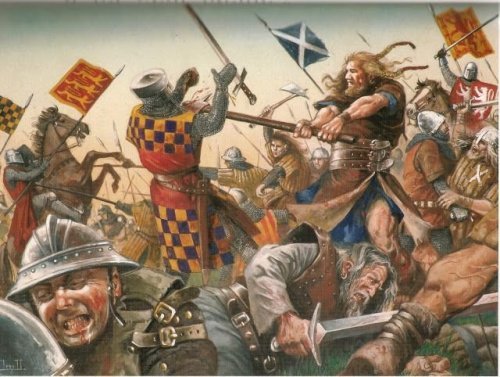HIGHLAND CULTURE
Highland games are usually one-day events taking place in outdoor spaces across the country. Built around traditional Highland sports, a Highland games event also includes Highland dancing and music, and lots of family fun such as food and craft stalls and games.
Many events will also involve livestock events, parades and even best-dressed pet competitions.
Highland games are so popular, that when Scots emigrated to other lands, they took the tradition across the world with them. Highland games have taken place in America since 1836.
Some believe the roots of the Highland games date as far back as the 11th century, when King Malcolm III called a foot race to the summit of Craig Choinnich, near Braemar, in the hopes of finding the fastest runner in the land to become his personal courier. Many games still include a hill race, although the winner is no longer destined for a life of servitude!
The games evolved into a test not only of strength and stamina, but also of creative dance and music skills, to keep kings, queens and clan chiefs entertained.
Highland games also serve to preserve Celtic culture and impart knowlege. For those who are unable to attend highland games, Clan Buchanan has compiled these resources:
THE COMPLETE HISTORY OF SCOTLAND
Scotland is a country with a fascinating history: It’s complex and fierce; proud and sad. We have tried to display it on a single page so we can all understand where we came from and the influence Scots have had globally….
SCOTLANDS INDIGNOUS PEOPLE: THE PICTS
Before the Clans and Celtics, there were the Picts. Tribes that came together partly in response to the growth of the Roman Empire.
Pict culture has been described as the heart of Caledonia
SPORT
The Highland games were so impressive, that the founder of the modern Olympics, Baron Coubertin, introduced the hammer throw, shot putt and the tug o' war after watching the Highland display at the 1889 Paris Exhibition.
DANCE
Highland dancing at the games was originally an all-male event, and it wasn't until the late 19th century that women started to enter.
TRADITIONAL MUSIC
At Ceilidhs and games alike: Gaelic Song, Bagpipes, Drums, Fiddles and Clarsach (Harp)
ATTIRE
It is more than appropriate to wear your kilt to a highland game
SCOTTISH WEDDINGS
There’s a lot more to it than just wearing a kilt! Learn about the quirky Scottish good luck rituals and romantic customs you can incorporate into your own ceremony,
TARTAN
Tartan is one of the most important symbols of Scotland: the potency of Tartan as a symbol cannot be understated. However, it has also created a great deal of romantic fabrication, controversy and speculation into its origins, name, history and usage as a Clan or Family form of identification.
WHISKY
The earliest documented record of distilling in Scotland is 1494 – whisky is a part Scots culture, if only by history and inherited pride.
FOOD
More than just Haggis and whisky
In fact, Haggis hurling began as a practical joke in the 1970s but is now a popular event at many Highland games - there's even a World Haggis Hurling Association dedicated to the sport!
Come to see men in dresses;
stay for the crafts and food stalls
WEAPONRY
Swords, pikes, battles and warcraft is a defining component of Highland mythology.
SCOTTISH BATTLES
Scots have always been beseiged, battled. So much so, it seems like a part of our culture.
We’ve fought with such fervour and viciousness, that it seemed to enhance the Scottish fearsome reputation.
Of course, there is so much more to Scottish culture, but here is a list of all major Scottish battles:
LANGUAGE
There are three official spoken languages in Scotland: English, Gaelic and Scots. But, there have been many more over time including Pictish, Norn and Latin
Many of the placenames in Scotland are Gaelic, and it is classed as an indigenous language under the European Charter for Regional or Minority Languages.
30% of Scots declare that they speak Scot, and contrary to some beliefs; it is a stand-alone language, not a (dialect of English)
WITCHCRAFT
Scotland endured a “Witch Craze” four times more prevelant than the rest of Europe, from 1590 through to 1722
RELIGION AND SPIRITUALITY
From Pagans to Christians, St Andrew and the Kirk; Scotland has always been a deeply spiritual country. For better or worse…




